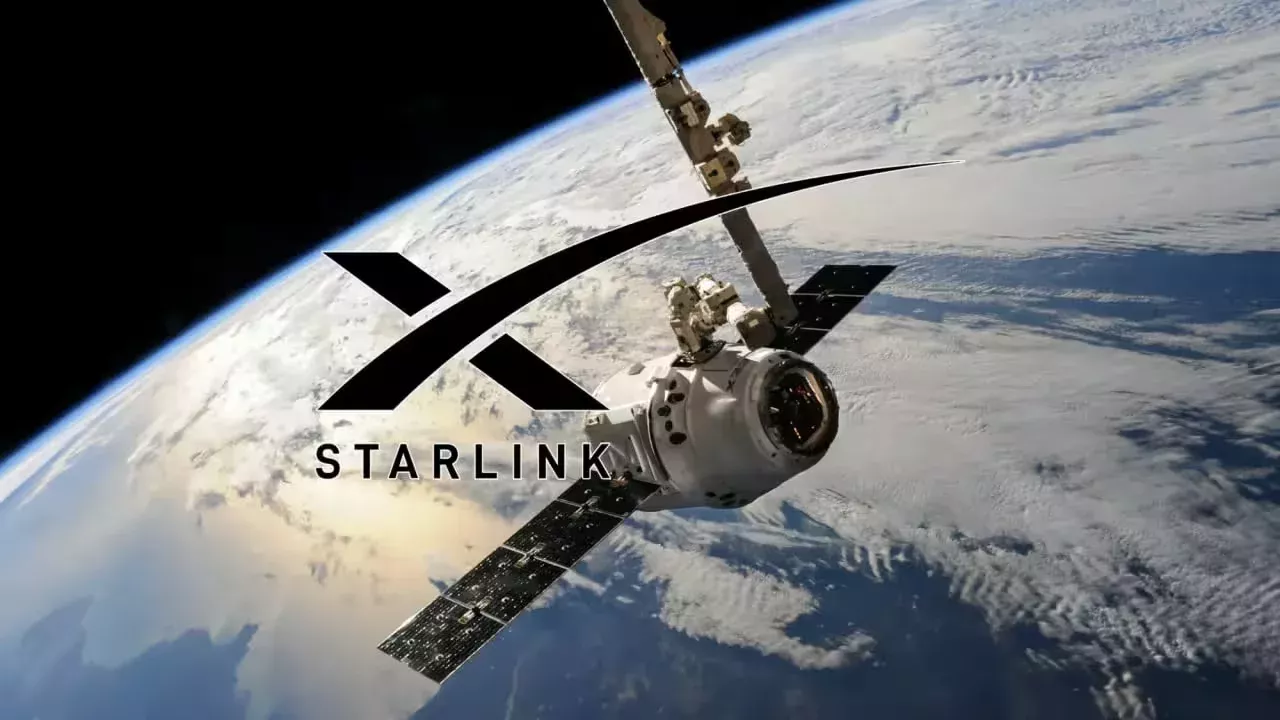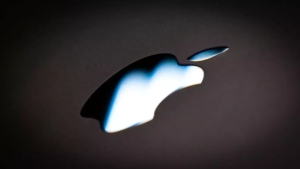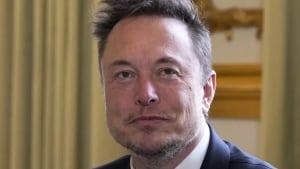
One of the leaders of the world's largest technology sector, Elon Musk, announced on June 14 that his Starlink satellite internet service has also begun operations in Iran. This was reported by The Economic Times and other international sources.
It is known that tensions have escalated in the Middle East in recent days – due to a major conflict between Israel and Iran, the Iranian government has imposed significant restrictions on the internet across the country. According to officials, this is a temporary measure aimed at preventing public disorder by temporarily suspending internet freedom. On June 13, the Iranian Ministry of Communications issued a special statement announcing that access to the internet would remain restricted until normal conditions are restored. This has disconnected millions of citizens from digital communication.
Meanwhile, the emergence of Starlink and Elon Musk's statement have generated significant interest among the public and experts. Starlink satellite internet provides the opportunity to operate independently of traditional infrastructure – that is, the internet is transmitted via satellites in Earth's orbit, and any barriers within the country, even during a complete blackout imposed by the government, do not interrupt the flow of information.
Starlink – a salvation in Iran's "black market"
According to sources, there are currently around 20,000 Starlink terminals operating in Iran through black market channels. While the main routes for internet access remain closed, these terminals allow thousands of people to obtain information, communicate, and connect with the outside world. It is said that the widespread availability of Starlink services significantly complicates the information control and censorship measures being implemented by the Iranian government.
Cybersecurity and information freedom
The internet restrictions reflect a strategy previously implemented by the Iranian government: during mass protests, military, and political crises, digital communication is first suspended, and citizens' access to information is restricted. This makes it difficult for the global community to form a clear and complete understanding of events in the country.
However, Elon Musk and his Starlink project have once again demonstrated that they are created not only to protect internet freedom in Iran but also to ensure the continuity of information flow worldwide. Supporters and experts emphasize that such technological innovations are a lifeline for the population, while presenting new challenges and calls for information security for governments.
Against the backdrop of the dispute between Israel and Iran, the operation of Starlink in Iran has become an important step not only for the flow of information but also for the society's ability to communicate with the world. Currently, the struggle for internet freedom and technology is gaining global significance. Analysts at Zamin.uz believe that such developments are likely to pave the way for new events in the future regarding information warfare, cybersecurity, and human rights issues.






